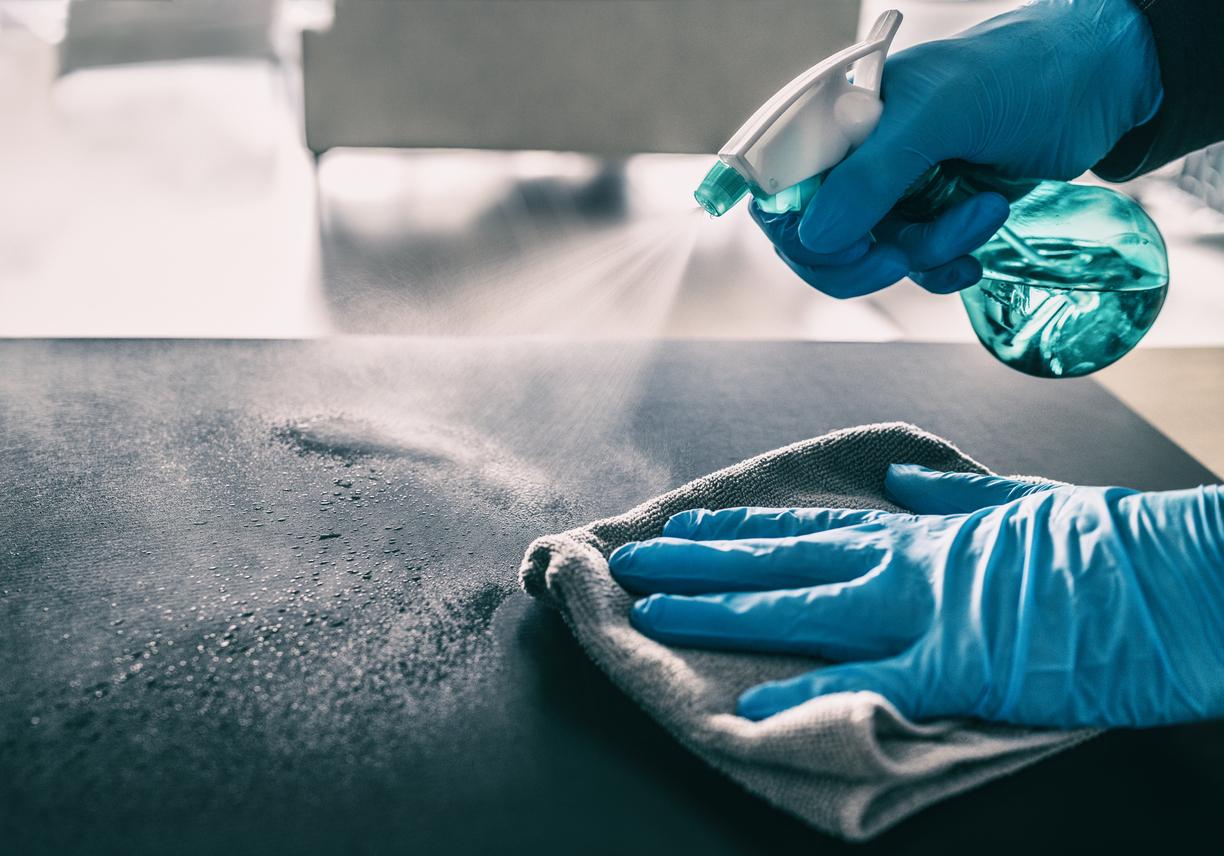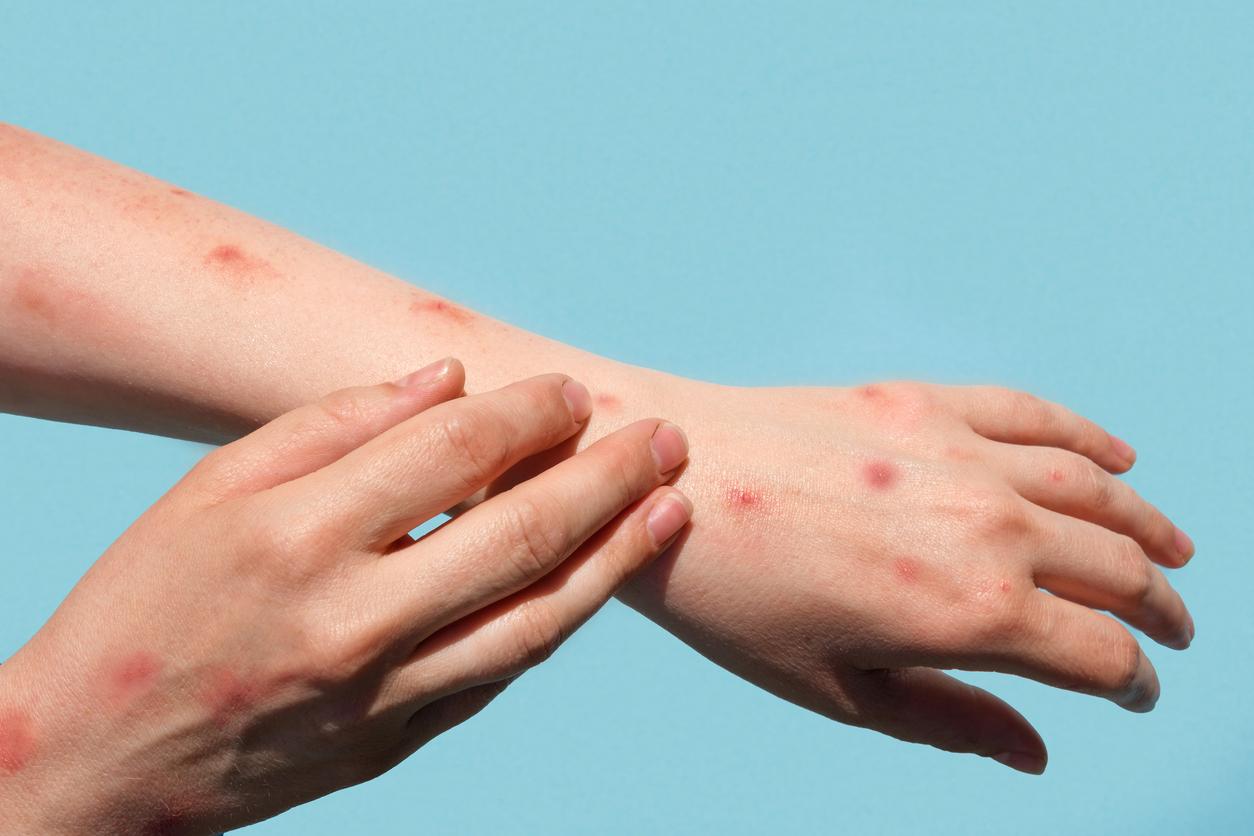Indispensable in young children, vitamin D participates in particular in the good growth of bones and the mineralization of teeth. It also prevents rickets, a disease affecting bone development in children. This is why in France, from birth, vitamin D supplementation can be prescribed, especially if the infant is only breastfed. Be careful though: administering too much vitamin to your baby can be as dangerous as not giving it, warns ANSES in a communicated.
⚠️3 new cases of overdose at the #vitamin D related to the intake of food supplements have been reported in infants.
An excess of vitamin D can threaten their vital prognosis.
To limit the risks, here are some tips ⤵️https://t.co/FBHe2PS4stpic.twitter.com/QrbTmuJDks
— Anses (@Anses_fr) March 23, 2023
In 2022, the Agency recorded three reports ofsevere hypercalcemia, excess calcium in the blood, in infants. It is usually manifested by digestive disorders such as nausea, vomiting and constipation, accompanied by loss of appetite and muscle weakness. It generally results from the misuse of food supplements containing vitamin D.
But too much administration of vitamin D can also lead to kidney damage or impact other organs and in the worst case cause heart trouble.
What are the right rules to follow?
To prevent a resurgence of cases, ANSES recommends:
- Of prefer drugs to food supplementsin particular because they guarantee clearer information in terms of dosage or the risk of adverse effects and overdose thanks to their instructions;
- To control the doses given to your child as well as possible and to avoid multiplying the products with vitamin D.
In its 2022 recommendations, the French Society of Pediatrics recommends a daily dose between 400 and 800 IU (i.e. between 10 and 20 micrograms per day) for infants up to two years of age. In any case, supplementation should always be prescribed in advance by a doctor and it is always better to avoid self-medication.
Source :
- Vitamin D: prefer drugs to avoid overdose in infants, handlesMarch 22, 2023


















